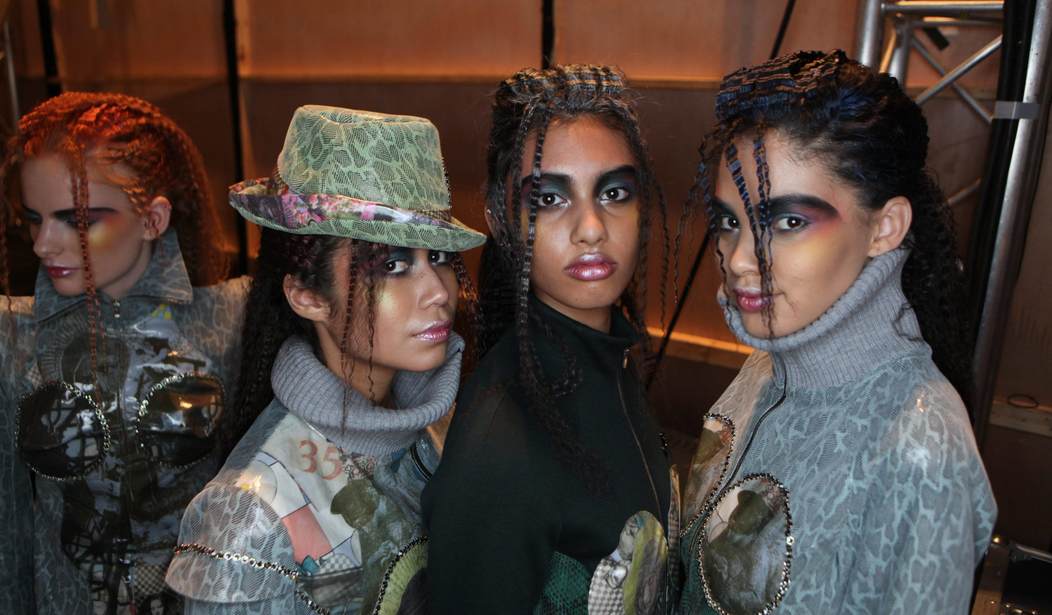You know what Americans never get tired of? I don’t either, but for leftists, they’re convinced the answer to that question is “being lectured on how much they suck.”
The media is rife with examples of leftists preaching about how the United States, the ultimate land of opportunity by any historical measure, is so horrible that it really should try more to be like, say, Venezuela or Cuba, the countries people die trying to escape from.
The latest example is an opinion piece from Vassar’s student website about how, in the aftermath of the hyper-elitist New York Fashion Week, the already hyper-partisan fashion industry should be more political:
While NYFW exhibited some unexpectedly positive changes, the language used to report on the events needs serious reform.
Fashion News Writer for Vogue Janelle Okwodu described the increasingly diverse group of models employed by designers as “a series of attractive outsiders of varying backgrounds” and introduced model Odette Pavlova as a “Russian transplant” who served the role of “underscor[ing] the collection’s anti-discrimination message.”
Harper’s Bazaar, among other publications, lauded designers for exhibiting more body diversity in their shows, literally counting the number of plus-size bodies on each runway. While on the surface the increasing inclusivity and subsequent reporting is a promising sign, improving the inclusivity of the industry is not a numbers game, and running off a list of statistics is not an effective way to start a dialogue about the body image misconceptions perpetuated in fashion. Numerous reporters praised Michael Kors for including a single plus-size model, although just last season, he dismissed the idea of hiring plus-size women, claiming that it would be too difficult to make clothing for models in a range of sizes.
One can only hope that in coming months the fashion industry will not only continue to convey disgust at the current political climate, but offer an inclusive alternative as well. Throughout the 20th century, fashion has proven its capacity to catalyze political change; a few feminist logo tees are not going to start a revolution, although their ubiquity shows potential for much-needed reform. As one of the only industries truly centered around women, fashion has the potential to redefine and mobilize “femaleness,” if it could only stop agonizing over airport style and fad diets long enough to realize it.
First, the fashion industry is an industry.
It’s fine for you, someone who agrees with their message, to enjoy them lashing out at a large chunk of the American population. However, if you’re on the other side of the coin, are you going to want to spend your money enriching someone who craps on everything you believe?
Of course not.
Luckily for the fashion industry, the one thing saving them is another thing Jones doesn’t understand. The vast majority of Americans don’t really care what the fashion industry has to say about anything.
Even the majority of women — who Jones notes the industry is centered around — don’t care who any of these people are or what they think about anything. Because fashion can never be anything more than an empty treat for any society. If it ever becomes anything more, that society has a lot more to worry about than the language used by fashion reporters.









Join the conversation as a VIP Member